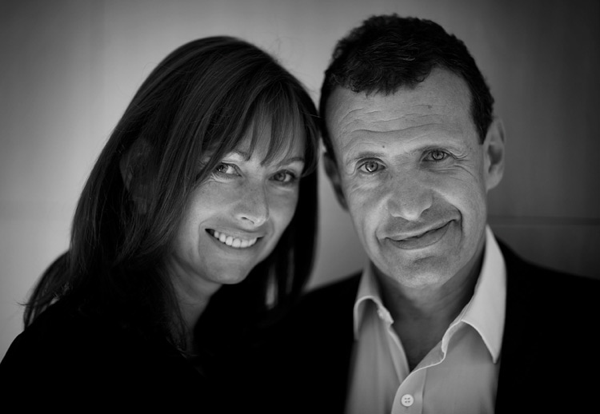Art World
Zabludowicz Foundation Boycotted Over Arms Dealing Connection
Will it close down one of London's most popular institutions?

Will it close down one of London's most popular institutions?

Coline Milliard

The online magazine Mute is “hosting” a call for the boycott of the Zabludowicz Foundation, set up by London tycoon Poju Zabludowicz and his wife Anita.
According to Mute, the document was initially published in the wake of the 2014 Israel-Gaza conflict, which killed over 2,000 Gazans and over 70 Israelis. It also caused the displacement of an estimated half-million Gaza Strip inhabitants.
Penned by what appears to be an anonymous collective called Boycott Zabludowicz, the statement points at Poju Zabludowicz’s historical involvement with the arms trade in Israel, and his role as the chairman and major donor to the pro-Israeli lobby BICOM (British Israel Communication and Research Centre).
The Zabludowicz Foundation is the umbrella organization overseeing the Zabludowiczes’s philanthropic activities centered around the contemporary art collection the couple started in 1994. The foundation operates from a former Methodist Church in North London, as well as from 1500 Broadway in New York and three locations on the island of Sarvisalo, in Finland, Poju Zabludowicz’s country of birth. The London venue currently hosts a solo exhibition by the American video artists Lizzie Fitch and Ryan Trecartin.
While acknowledging the foundation’s “central role in supporting emerging artists in London,” the call for boycott accuses the organization of “laundering some very dirty money through the labour pool of young, London-based artists.”
It reads: “As the public-relations front end for historically one of the largest suppliers of arms to the Israeli state and Chairman of the UK based Pro-Israeli Lobby group Bicom, the Zabludowicz Foundation represents a direct link between the opportunities for careers in art for young people here in London and the current bombing and ongoing genocidal oppression of Palestinians in the Occupied Territories.”
In “direct solidarity with the communities under assault in Gaza, victims of state terror on both sides, and with resistance movements in both Israel and Palestine,” Boycott Zabludowicz asks “cultural workers and producers not to sell or show their work with the Zabludowicz Collection in the future and/or to withdraw the ‘conceptual content’ of their work from the Collection.”
“We call on artists not to scab and to act in solidarity,” the group continues.
Links to the Arms Trade
Poju Zabludowicz’s links to the arms trade have long been one of the London art world’s favorite points of gossip. But as Kunstraum director Thomas Cuckle points out in his eloquent open letter to the editor, few in the art industry bothered to substantiate their claims. And in Cuckle’s view, neither did Boycott Zabludowicz.
Cuckle says the boycott is “full of undocumented opinion and is misleading in a number of ways,” before referring to the 2013 Spinwatch report “The British Israel Communications and Research Centre, Giving Peace a Chance.”
The extensive document details the career of Poju Zabludowicz’s father, Shlomo Zabludowicz, a concentration camp survivor who “sold weapons to some of the world’s most repressive regimes over several decades.” It also reports on the Zabludowiczes’ progressive transition from arms to real estate under the leadership of Poju Zabludowicz, who, in at least one instance, was involved with property in an illegal Israeli settlement. (Spinwatch reports that Zabludowicz said he had “no ideological commitment to Israeli settlements in the Occupied Territories.”)
Pointing out that he doesn’t stand up for Zabludowicz, Cuckle warns of the dangers of publishing an anonymous call for boycott and using abusive language (“scab”). “This approach will lead further down the path in polarisation of opinion amongst people who should be peers, and that serves no one’s interests,” he writes. “It is a mob mentality which says ‘you are either with us or against us’ but politics and ethics just aren’t that simple.”
Boycott Zabludowicz, for its part, concludes its call for boycott with an invitation to any philanthropists to “close their institutions and unconditionally to deliver over all their money, property and resources to artists and everyone else, who can perfectly well distribute, self-administrate and self-organise themselves: We want the money!”
Neither the Zabludowicz Foundation nor Mute responded to artnet News’s request for comment.